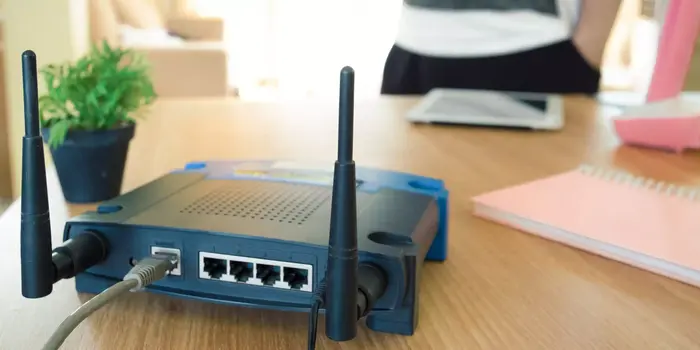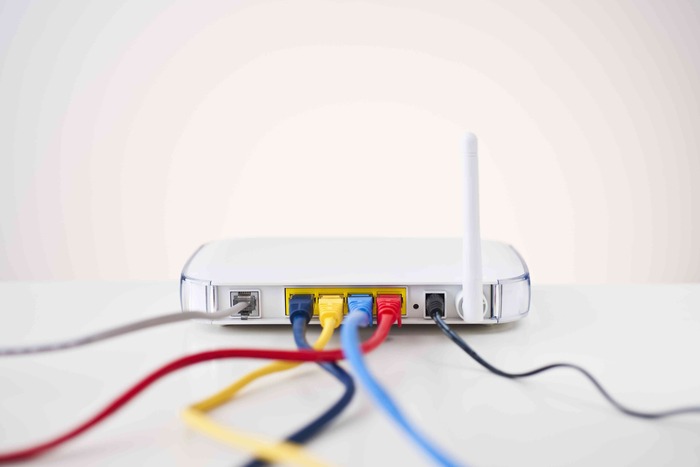In the era of remote work and online education, a reliable internet connection has become a lifeline. As we find ourselves spending more time at home, the idea of sharing our Wi-Fi with neighbors or nearby friends might arise, either as a friendly gesture or a cost-sharing initiative. However, while sharing your Wi-Fi seems like a simple act of kindness, it’s important to be aware of the potential risks and how to mitigate them.
Assessing the Safety of Wi-Fi Sharing
Sharing your Wi-Fi network can expose you to various risks. Granting access to your network could potentially open doors for hacking attempts or malware infections. Additionally, the activities of those using your network, such as downloading illegal content, could inadvertently implicate you.
Understanding the Risks
1. Virus and Malware Threats
Sharing your network without robust antivirus protection increases the risk of malware infections, which can compromise both your and your neighbor’s digital security.
2. Remote Access Vulnerabilities
Unrestricted access to your Wi-Fi might allow others to remotely access your devices, posing a significant privacy and security risk.
3. Risk of Identity and Data Theft
Inadequate security settings could expose your sensitive personal information to theft or misuse.
4. Network Performance Issues
Sharing your Wi-Fi might lead to reduced internet speeds, latency issues, and potential data cap overages, affecting your online experience.
Strategies for Safe Wi-Fi Sharing
Implementing Guest Access
Many modern routers offer a ‘Guest Access’ feature, allowing you to create a separate network for visitors. This limits access to your primary network, reducing the risk of unauthorized access to your devices.
Investing in a Secondary Router
For a more secure solution, consider setting up a secondary router. This provides a distinct network for sharing, keeping your primary network secure.
BONUS CONTENT
Utilizing Piso Wi-Fi with Pause Time Feature
Piso Wi-Fi systems with a pause time feature offer a controlled and metered way to share your internet. This not only helps manage bandwidth usage but also ensures that your generosity doesn’t lead to overuse of your data allowance. Here’s a guide about 10.0.0.1 pause time.
The Power of Saying ‘No’
It’s perfectly acceptable to decline requests for Wi-Fi access. Whether it’s due to security concerns or data limitations, a polite refusal is a simple yet effective way to protect your network.
Conclusion
While sharing your Wi-Fi can be a kind gesture, it’s crucial to balance this generosity with the need to protect your digital security and privacy. By understanding the risks and implementing measures such as guest networks, secondary routers, or Piso Wi-Fi systems, you can share your connection safely.
Remember, it’s always better to err on the side of caution, and if you’re ever in doubt, it’s okay to say no. Your digital safety is paramount, and taking these steps ensures you can help others without compromising your own security.





